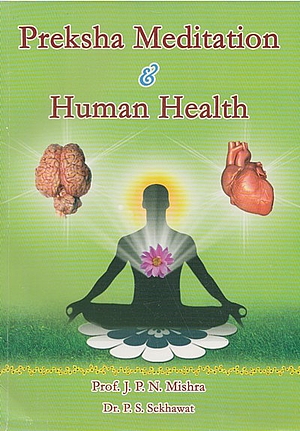If cholesterol control is to be a rational part of preventive health care, it must be treated as one element in the entire risk factor profile. Smoking, for example, raises the coronary heart disease risk of a person with a cholesterol level of 200 mg/dl to that of a person with 250 to 300 mg/dl. To focus exclusively on cholesterol reduction while continuing to smoke, then, would be poor judgment. Age, sex, family history, blood pressure, weight, presence or absence of diabetes, and amount of regular exercise are other risk factors that must, to varying degrees, be taken into account.
The relative risk of a high cholesterol level decline as an individual gets older. However, the absolute death rate from coronary heart disease increases with advancing age, so that treatment may have an impact on death rates in the elderly. But how much should we disturb the life-style of a 75- or 80- year old person for a benefit that is possible but has not been proved for those of advanced age? There are as yet no answers, common sense and good science suggest that a modified diet that does not prove too burdensome to an elderly person is a reasonable approach to therapy.
A more aggressive approach, using drug therapy, may be appropriate in an older individual with heart disease or one who has very high cholesterol levels, is unresponsive to dietary intervention, and is otherwise healthy. Although we do not have specific intervention data in the elderly, a case can be made for giving these individuals the benefit of the doubt, assuming they will behave like a middle- age population, until it is proven that they do not. At what age should we start intervening? Cholesterol levels are lower in children than in adults, but tend to rise with age - at least in societies with high fat diets. The benefits of preventing this rise may not be evident for a generation. But here, too, are there some dangers in rigidly restricting cholesterol intake in younger children? We have no answers, but an across-the-board restriction of high-fat junk foods and bacon-and-egg breakfasts probably will not hurt and may do some good (Isaacsohn, 2006).
 Prof. J.P.N. Mishra
Prof. J.P.N. Mishra
